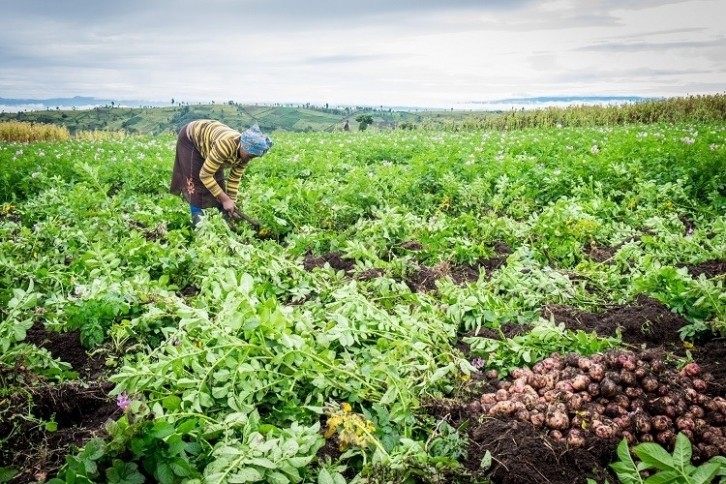Trust as important as tech: How to convince SEA smallholders to drive climate-smart farming

Recent years has seen a huge way of digital and tech innovations across the globe – many pioneered by start-ups – to help farmers adopt more climate friendly practices and minimise risk to their businesses from climate change.
However, with South East Asia home to more than 80% of the world’s small holder farmers, driving adoption is an ongoing battle.
The topic was at the top of the agenda at this week’s SEA Agri-Food Roundtable in Bangkok, with experts from Thai Wah, the Asian Development Bank (ADB), Temasek, Jiva and Rabobank sharing their insights.
Setting the scene for the scale of the challenge faced by the region’s agri and food sector, Thai Wah CEO Ho Ren Hua said the impact of climate change, less available farmland, soli degradation and crop disease, coupled with growing populations and demands for healthier and more nutrition products meant that “we stand at an inflexion point to drive change in South East Asia from farm to shelf.”
While extensive collaboration from across the supply chain and a wide breadth of specialisms is needed, the crucial factor is that efforts start with smallholders.
“We have to start at the source,” he said. “This is increasingly important and increasingly challenging. That’s why collaboration is so important.
“We work with over 10,000 famers across the region. And looking at the adverse impact of climate change takes a lot of our time. The good news is that in 2023 we are seeing an accelerating pace to drive more transformation than ever before.”
The panel concurred on several strategies for smarter farming success, with building trust among smallholders topping the list.
Ramanarayanan Mahadevan, CEO, of Singapore-based Jiva, a firm specialising in digital solutions for farmers, said there had to be an appreciation of the risk smallholders face when adopting new technology and practices.
“There is a big risk for famers to make changes and there is a lot of uncertainty for them. We need to manage and minimise this, and it needs a multitude of agencies to help with that.
“Building trust is absolutely crucial. Smallholders have to see you have skin in the game and engage in the short, medium and long term so they see that your objectives are aligned with theirs. Then change happens, but it is not necessarily a quick approach.”
Small ticket, big impact
This view was echoed by Ryan Rakestraw, director at Singapore investment powerhouse Temasek.
“You can be a tech company, but we have seen that success comes down to the last mile and the farmer interface. That’s where the trust is built and the transfer of knowledge and practice happens. That is equally as important as having a great tech. How it is delivered to the famer is equally important.”
The panel also agreed that big ticket, expensive solutions weren’t always the answer, and that targeted, localised interventions based on sharing technical expertise could be highly effective.
“Small amounts of money can be transformative,” said Catherine Marsh, Deputy Director General, Private Sector Operations, at ADB, who outlined a number of projects it had undertaken with Olam in the region.
“You can then take results back to governments and agencies to show how relatively low ticket projects can make a massive difference.”











